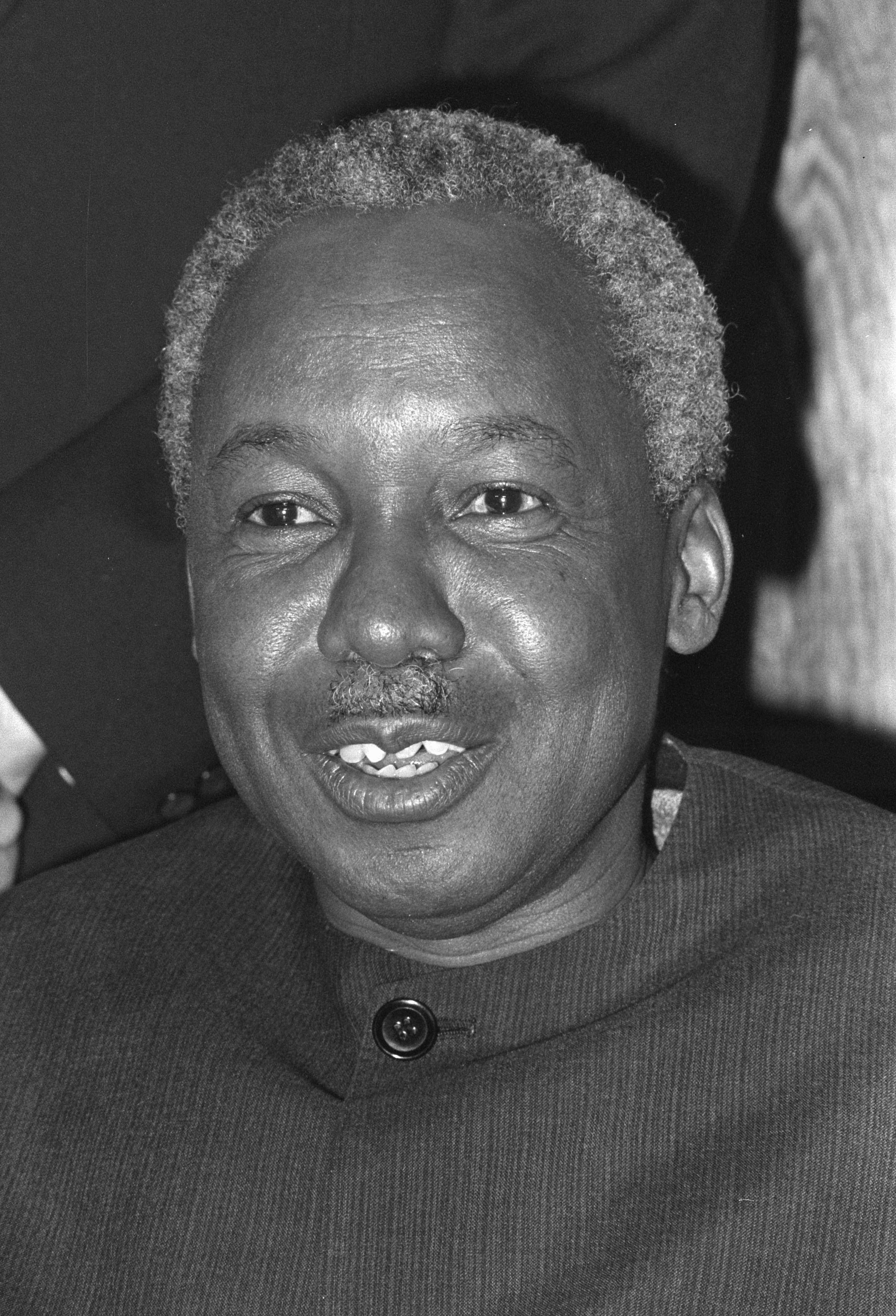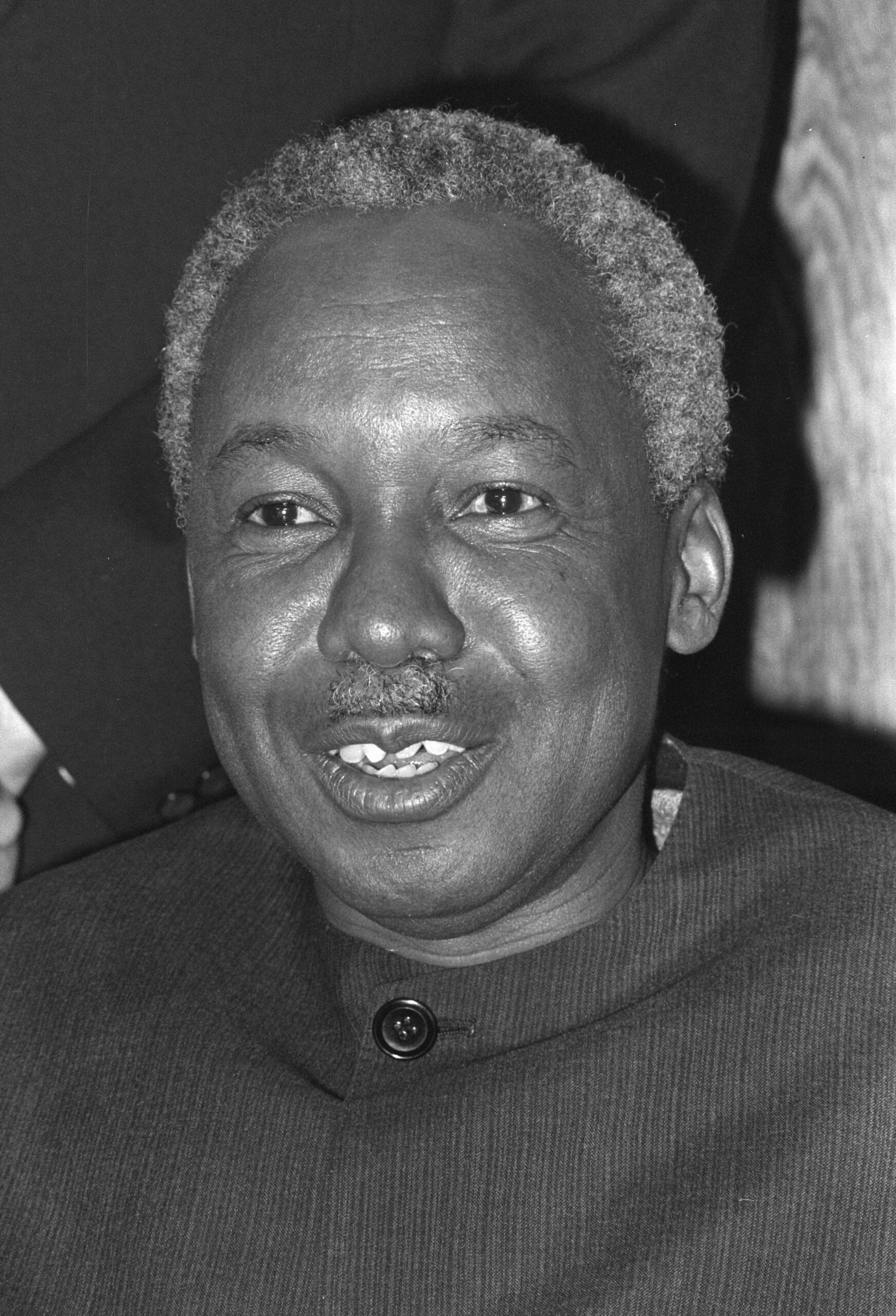When Julius Nyerere led Tanzania to independence in 1961, few could have predicted the profound impact his leadership would have on the country’s trajectory. Known fondly as “Mwalimu” which means “teacher” in Swahili, Nyerere’s influence extended beyond the political sphere, deeply affecting the social fabric and economic endeavors of Tanzania. It’s remarkable to consider how one visionary man transformed an entire nation’s ethos in just 24 years of presidency.
A steadfast advocate for African socialism, Nyerere introduced Ujamaa, a policy aimed at collective farming and communal living to boost rural development. Despite mixed results, it emphasized self-reliance and unity, setting the foundation for future growth. Notably, Nyerere’s commitment to education dramatically increased literacy rates, nurturing a generation capable of fueling progress and innovation in Tanzania.

Julius Nyerere’s Vision and Policies
Julius Nyerere, often called “Mwalimu,” had a clear vision for Tanzania. He believed in creating a society where everyone was equal. His policy of Ujamaa emphasized community-based farming and shared resources. This policy aimed to eliminate poverty and dependence on foreign aid. Although its success was mixed, its intent was to promote self-reliance.
One of Nyerere’s most ambitious plans was the nationalization of key industries. By taking control of these sectors, he hoped to ensure that Tanzanians benefited directly from their country’s resources. This approach included
- banks
- insurance companies
- transportation services
This move helped to reduce foreign influence but faced challenges due to limited local expertise.
His education policies were another cornerstone of his vision. He introduced free and compulsory primary education, significantly boosting literacy rates. This created a more educated workforce capable of contributing to nation-building. The focus on literacy ensured that people could actively participate in democratic processes. Nyerere believed that education was key to a prosperous future for Tanzania.
In the realm of health, Nyerere also made significant strides. He aimed to provide universal healthcare access, especially to rural areas. This policy led to increased life expectancy and lowered infant mortality rates. Making healthcare accessible was part of his broader vision of social equality. It underscored his belief that every Tanzanian deserved a fair shot at a healthy life.
The Concept of Ujamaa and Its Impact on Tanzanian Society
Ujamaa, meaning “familyhood” in Swahili, was central to Julius Nyerere’s vision for Tanzania. His idea was to create a sense of unity and mutual support among Tanzanians. Ujamaa villages were established where people worked together on communal farms. This, Nyerere believed, would spur economic growth and self-reliance. The concept was deeply rooted in African traditions of communal living.
The implementation of Ujamaa had mixed results. While it succeeded in promoting social equality, economic gains were limited. Some villagers resisted moving to Ujamaa settlements. This resistance posed challenges to the program’s success. Although it faced difficulties, Ujamaa remains an essential chapter in Tanzania’s history.
The social impact of Ujamaa was significant. It fostered a strong sense of community and collective responsibility. People shared everything, from tools to harvests, reinforcing bonds among villagers. This approach aimed at reducing social gaps, making everyone feel included. It was not just about economic change but also social transformation.
Despite its economic limitations, Ujamaa laid the foundation for future policies. It influenced later efforts in education, healthcare, and rural development. Nyerere’s vision of equality continued to inspire Tanzanian leaders. The spirit of Ujamaa lives on, shaping Tanzania’s pursuit of a more equitable society. Its legacy is a testament to Nyerere’s commitment to his people.
The Educational Reforms and Legacy of Literacy
Julius Nyerere’s educational reforms were transformative for Tanzania. He believed education was the cornerstone of national development. His policy introduced free and compulsory primary education. This made learning accessible to millions of children. The focus was on practical knowledge that could benefit everyday life.
The impact of these reforms was profound. Literacy rates surged, empowering more Tanzanians than ever before. By 1985, primary school enrollment had reached 93%. This rapid increase demonstrated the success of Nyerere’s vision. The educated population became a driving force for progress.
Education wasn’t only limited to children. Adult literacy programs were also implemented. These initiatives aimed at reducing illiteracy among those who missed formal schooling. Many adults attended evening classes to learn basic reading and math. This holistic approach ensured no one was left behind.
The legacy of Nyerere’s educational reforms continues today. Many Tanzanians credit their opportunities to his policies. The groundwork he laid has inspired ongoing investments in education. Modern schools still reflect his principles of inclusivity and broad accessibility. Nyerere’s vision for a literate nation remains a fundamental part of Tanzania’s development.
International Relations and Pan-African Influence
Julius Nyerere was a strong advocate for Pan-African unity, influencing Tanzania’s international relations. He believed in the collective power of African nations to achieve self-reliance. This vision led to the formation of the Organization of African Unity (OAU) in 1963. Nyerere’s diplomacy aimed at supporting liberation movements across the continent. Tanzania became a sanctuary for freedom fighters from various countries.
His efforts weren’t limited to Africa. Nyerere sought to align Tanzania with non-aligned countries globally. He established relationships with nations that shared his vision of independence and anti-colonialism. This created a network of support for Tanzania. It also allowed the country to resist pressures from both the East and the West during the Cold War.
Nyerere’s Pan-African influence extended to social policies. He hosted the Pan-African Congress in 1974. This event emphasized the need for cooperation among African states. Leaders discussed strategies for economic collaboration and mutual defense. Nyerere’s commitment to Pan-Africanism inspired many future African leaders.
During his presidency, Tanzania actively participated in regional organizations. The East African Community (EAC) was one such alliance. This cooperation aimed to boost economic growth and stability in East Africa. Through shared projects and collaborative policies, the EAC strengthened ties among member nations. Nyerere’s role in these efforts was vital.
Nyerere’s principles continue to guide Tanzania’s foreign policies. His belief in self-reliance and regional cooperation remains a cornerstone. Modern leaders still draw from his legacy of diplomacy and unity. These enduring principles help navigate current international challenges. Nyerere’s influence on international relations remains significant.
Key Takeaways
- Julius Nyerere led Tanzania to independence in 1961.
- He introduced Ujamaa policies for social equality and self-reliance.
- Nyerere’s educational reforms significantly increased literacy rates.
- He strongly advocated for Pan-African unity and regional cooperation.
- Nyerere’s legacy continues to influence Tanzania’s development policies.














